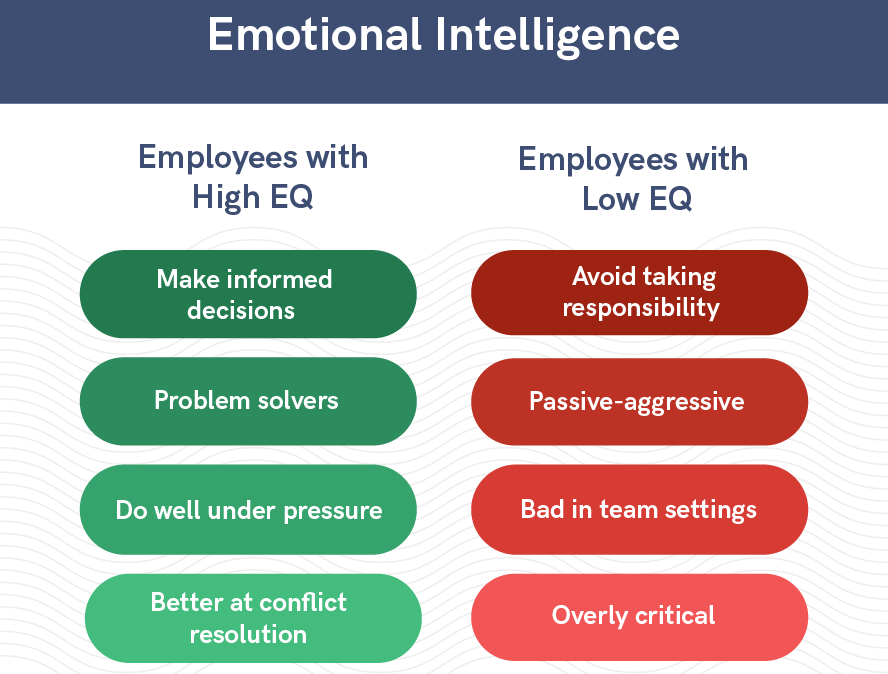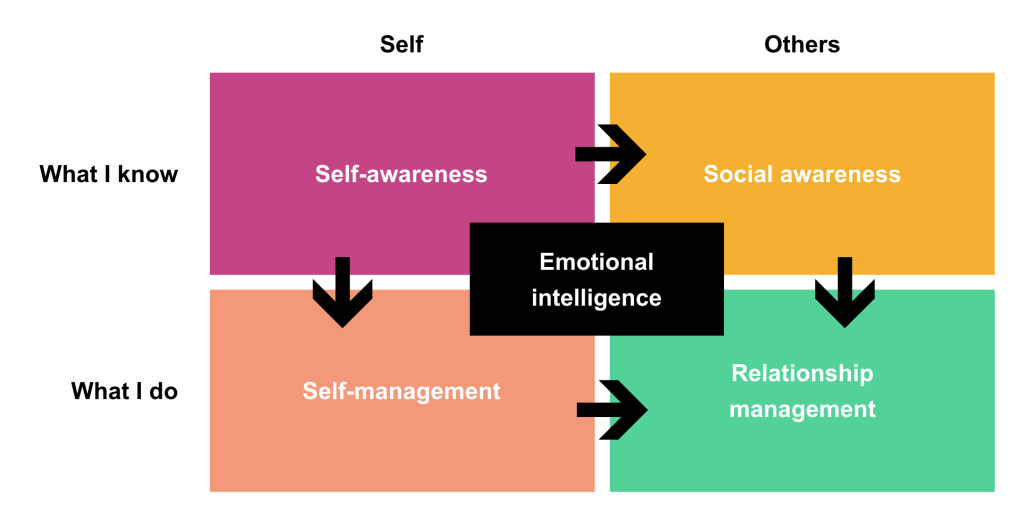Becoming EI Tester: Enhancing Emotional Intelligence for Test Professionals
In today’s fast-paced and complex work environments, EI has become a crucial skill for success in any role. EQ refers to the ability to recognize, understand, and manage one’s emotions and the emotions of others effectively. It is a set of skills and behaviors that can be learned and developed, and it plays a vital role in improving teamwork, communication and conflict resolution.
Emotional Intelligence is the ability to identify, use, understand and manage your own emotions in positive ways to relieve stress, communicate effectively, empathize with others, overcomes challenges and defuse conflict. In the workplace, EQ is crucial as it enables individuals, manage conflicts with stakeholders and colleagues.
As a test professional, your demand and reliability will grow daily.

To excel in this role, here are some tips to increase your Emotional Intelligence:
1. Earn Respect –
Instead of demanding respect, earn it through your work. Your contributions and dedication will speak for themselves. Show your values by consistently delivering high-quality work and going the extra mile when needed.
2. Open & Honest Communication –
Avoid assumptions and maintain open, honest communication. This fosters trust and understanding among team members.

Be transparent about your work, challenges, and success, and encourage others to do the same.
3. Positive Language –
When delivering bad news/providing feedback, use positive language and a constructive tone, helps maintain a positive atmosphere and encourages continuous improvement.
4. Criticize Work, Not Individuals –
When reviewing code/test artifacts or filing bugs, focus on the work itself rather than the person responsible. This promotes a culture of learning and growth.
5. Address Negative Bias-
If someone has a negative bias towards testers, help them recognize it. Don’t take it personally if they can’t or won’t change. Instead, focus on demonstrating the value and importance of testing in the software development process.
6. Avoid Unnecessary Comparisons –
Don’t overwhelm or undermine yourself by comparing yourself to others. Instead, learn from those who excel and use it as inspiration for your own growth.
7. Pause Before Reacting –
If something irks you, take a pause before reacting, this allows you to respond calmly and thoughtfully, rather than impulsively.
8. Prioritize & Delegate –
Learn to prioritize and delegate tasks based on the situation. This prevents overload and maintains a balanced workload, reducing frustration and burnout.
9. Empathize with Others –
Try to understand others’ perspectives and empathize with them, even if you don’t know them. This fosters a positive work environment and promotes collaboration.
10. Self-Awareness –
Recognize your own emotions and how they may impact your work, identify testing goals. This can help you manage your emotions and respond to situations more effectively.
Additionally, you perform various tasks that require EQ as a software tester, such as :

-Self-Management assists in prioritizing test cases, setting realistic deadlines, and coping with frustration and boredom during testing.
-Social Awareness is key to observing user behavior and feedback, appreciating development efforts and style, and evaluating the severity of bugs.
–Relationship Management allows for effective communication with other testers, delivering constructive feedback, and acknowledging developer contributions.
Remember, EI is a skill that can be developed and improved over time, so don’t be too hard on yourself if you don’t master it overnight.
Keep practicing, learning and growing, and you’ll become a more effective and empathetic tester.
Happy Testing!



